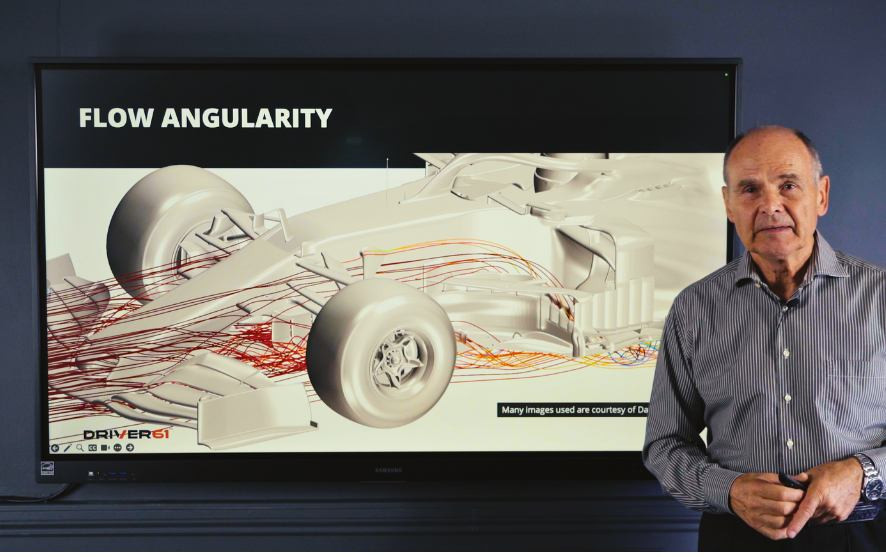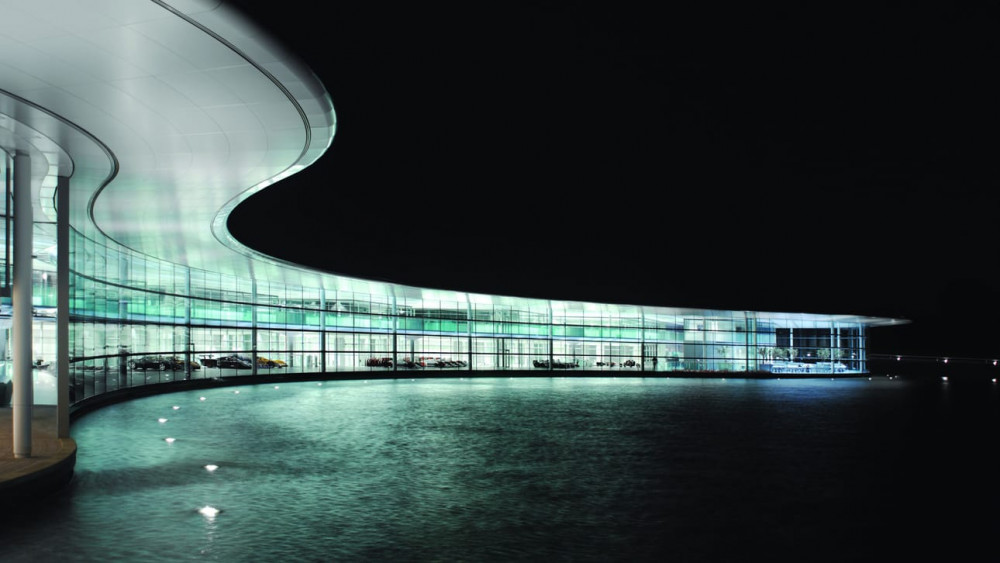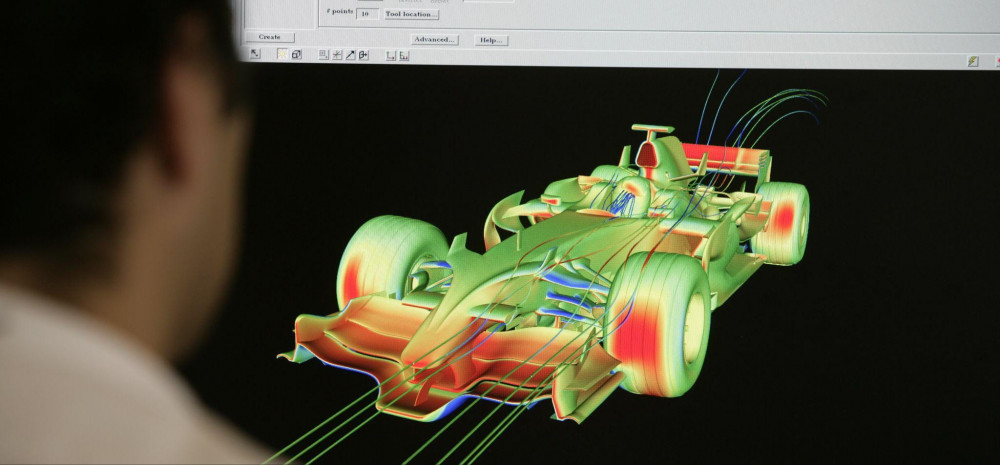
For many aspiring motorsport professionals, a career in Formula One represents the pinnacle of achievement. However, the journey to reach this goal is often far from straightforward.
We were lucky enough to speak to Ralph Dale (here's the Podcast), a Field Applications Engineer at McLaren Applied who shares his experiences and offers valuable advice for those looking to break into the world of high-performance motorsport.
McLaren Applied: At the Heart of Formula One Technology
You’ve no doubt heard of Mclaren but what about Mclaren Applied? McLaren Applied delivers cutting-edge technology and engineering solutions to the motorsport industry, with a particular focus on Formula One. They actually supply the ECU for every F1 car on the grid!
As a Field Applications Engineer, Ralph's role revolves around supporting this ECU at all the F1 races around the globe.
"I'm representing McLaren Applied at the track and serving as the first line of support if teams have queries regarding our software or ECU," Ralph explains. This position involves a mix of trackside presence and remote support, with a team of four engineers sharing race attendance duties throughout the season.
The role encompasses both hardware and software support, as teams also utilise McLaren's Atlas data viewer extensively. With hundreds of users across various teams, each with unique requirements - from aerodynamicists to race engineers and strategy specialists. The job demands a broad understanding of Formula One operations and the ability to solve diverse technical challenges.
From Motorsport Fan to Formula One Professional
Ralph's journey into motorsport began with a passion for cars and racing, nurtured by following Sebastian Vettel's dominance in the early 2010s.. and also watching Top Gear! Despite not coming from an engineering background, he realised the potential for turning his interest into a career and set about getting it done.
Recognising the need for an engineering degree, Ralph took a proactive approach to his education. He enrolled in a foundation engineering course at Oxford Brookes University to build the necessary maths and physics knowledge before embarking on a Motorsport Technology BSc.
Gaining Practical Experience is the key
Understanding the importance of hands-on experience, Ralph began cold-calling sports car and touring car teams while still at university. "If you don't ask, you don't get," he says, emphasising the importance of initiative.
This approach led to weekend work with British GT4 and British Touring Car teams, providing invaluable exposure to the realities of motorsport.
Ralph advises aspiring engineers to seek out opportunities at an appropriate level. "You can't jump too far straight away. You've got to find that sweet spot where you're going to get the best experience, but you are going to be allowed into the garage," he notes.
Building a Career: From Carlin to McLaren
After university, Ralph secured a full-time position as a data engineer with Carlin Motorsport (now Rodin Motorsport), a premier single-seater racing team. Over four seasons, he gained experience across various series, from Formula 4 to Formula 2, working with different software packages and expanding his network within the industry.
The move to McLaren Applied came as a result of Ralph's willingness to explore opportunities beyond traditional Formula One team roles. "I was very happy to have had a career in motorsport and not done Formula One," he admits. However, when the chance arose to work with McLaren's ECU technology across all Formula One teams, he seized it.
Advice for Aspiring Motorsport Engineers
Ralph emphasises the importance of practical experience and initiative. “Everyone has a good degree, so it’s the experience over and above which stands out” Ralph says:
- Seek out hands-on opportunities (internships / graduate apprenticeships can be found here), even if they're not directly related to Formula One.
- Be prepared to start small and work your way up.
- Develop a niche or specialisation to stand out in a competitive field.
- Don't be afraid to cold-call teams or apply for positions that seem out of reach.
- Understand that the principles learned in lower formulae or even karting can apply to Formula One.
"If you want it, then you'll get there," Ralph asserts. "Go and get some experience, something interesting and different.
If go-kart tracks are all there is, that's fine. It shows you're willing to get outside, get uncomfortable, and do it."
For those outside traditional motorsport hubs, Ralph suggests exploring adjacent fields like stock car racing, motorbikes, or even mountain biking. The key is to demonstrate problem-solving skills and a passion for optimisation and improvement.
In the competitive world of Formula One engineering, a combination of formal education, practical experience, and unwavering determination can pave the way to a rewarding career at the forefront of motorsport technology.
Listen to our interview with Ralph over on the Fluidjobs podcast




